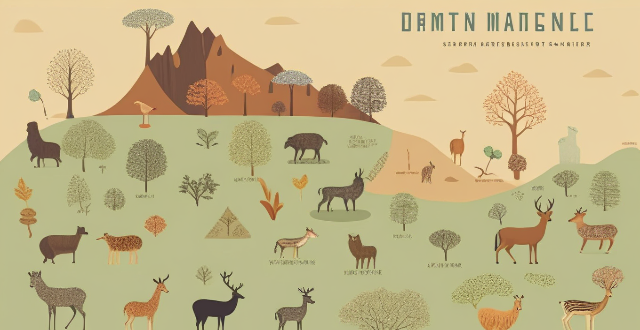Ecotourism is a form of sustainable tourism that aims to conserve the environment, benefit local communities, and educate travelers about natural and cultural heritage. It contributes to climate change adaptation by promoting activities with low carbon emissions, funding conservation projects, empowering local communities, educating tourists about environmental issues, supporting sustainable agriculture, and protecting biodiversity.

Ecotourism: A Sustainable Approach to Travel
What is Ecotourism?
Ecotourism, a term coined in the 1980s, refers to responsible travel to natural areas that conserves the environment and improves the well-being of local people. It involves educating the traveler, fulfilling the need for adventure, and offering interpretation of the natural or cultural heritage in a sensitive manner. The goal is to foster an appreciation of the natural world and to generate funds for conservation efforts.
Key Features of Ecotourism
- Educational: Tourists learn about the environment and local cultures.
- Sustainable: Minimizes impact on the environment and local communities.
- Conservation: Funds are directed towards preserving ecosystems and biodiversity.
- Community Benefit: Supports local economies and encourages respect for local traditions.
How Does Ecotourism Contribute to Climate Change Adaptation?
Ecotourism plays a vital role in adapting to climate change by promoting sustainable practices and supporting conservation efforts that can help mitigate the effects of global warming. Here's how:
- Carbon Footprint Reduction: Ecotourism often involves activities like hiking, cycling, or kayaking, which have lower carbon emissions compared to motorized transport. This reduces the overall carbon footprint of tourism.
- Conservation Funding: Money spent on ecotourism can go directly into conservation projects that help protect forests, which act as carbon sinks, thus reducing atmospheric CO2 levels.
- Community Empowerment: Ecotourism often involves partnerships with local communities, giving them a stake in maintaining their environment. This can lead to better land management practices that reduce deforestation and promote reforestation—both important strategies in combating climate change.
- Environmental Education: By educating tourists about environmental issues, ecotourism raises awareness about climate change and inspires more people to adopt sustainable practices in their daily lives.
- Supporting Sustainable Agriculture: Many ecotourism projects support local farmers in shifting to sustainable farming practices, such as permaculture or organic farming, which can help sequester carbon in soils.
- Biodiversity Protection: Ecotourism often focuses on protecting endangered species and habitats, helping maintain healthy ecosystems that can naturally adapt to changing climatic conditions.
Conclusion
In summary, ecotourism is not just about enjoying nature; it's about doing so responsibly and sustainably. By choosing ecotourism, travelers contribute to a cycle of positive impact that helps preserve ecosystems, support local livelihoods, and ultimately aid in the global effort to adapt to and mitigate the effects of climate change.